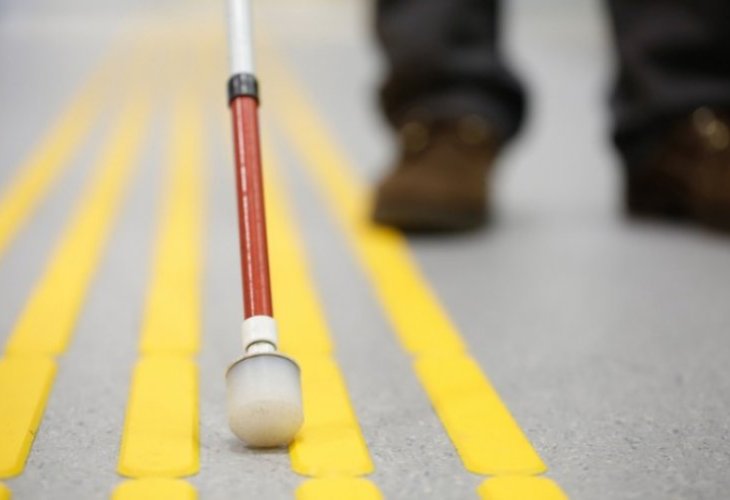Constipation: Why It Happens and How to Treat It
Imagine a person not only occasionally experiencing stressful situations but living in a constant state of tension, with a tense routine all the time. How would we expect their digestive system to function?

"What?" asks the young man, "Are you telling me that I'm constipated because of stress?" "Yes," I replied to the new patient, having just revealed to him the connection between stress and constipation. Most people think that the solution to constipation is only in diet; however, the truth is that mental stress is just as significant a cause of constipation as diet.
Why does stress cause constipation? The nervous system includes two main components: the sympathetic and parasympathetic systems. The sympathetic nervous system is responsible for the body's responses to stress and survival scenarios. This is why, under stress, the sympathetic system increases heart rate, blood pressure, and more. In contrast, the parasympathetic system is active mainly in relaxed and routine situations, with heart rate and blood pressure meant to stabilize. When a person is under stress, the sympathetic system becomes active, reducing the activity of the parasympathetic system. The digestive system is primarily operated by the parasympathetic system, which triggers it to secrete digestive juices and activates intestinal muscles to function correctly. Therefore, when a person is stressed due to an unusual event and the sympathetic system kicks in, the function of the digestive system weakens, digestive juices aren't secreted, and its muscles aren't activated, leading to stagnation.

Now, imagine a situation where a person doesn't enter stressful situations solely on occasion but lives their whole life in constant stress, with a tense routine all the time. How would we expect their digestive system to function? The answer is that it won't function properly. We then witness numerous phenomena arising from this, which may worsen over time. Starting with constipation, poor absorption of nutrients and leading to cell starvation in the body, abnormal development of bodily systems, and more. Moreover, a person under stress is entirely tense and contracted, which means all their muscles, including the colon, are also tense, thus halting the movement needed to push waste out of the body. Another interesting point is that under stress, the sympathetic system reduces the urge to drink water. Indeed, people living with constant stress often don't drink enough, which is another reason for constipation, as lack of fluids can cause constipation.
How do you balance the sympathetic-parasympathetic systems?
Eliahu Shechter is an iridologist and naturopathic therapist

